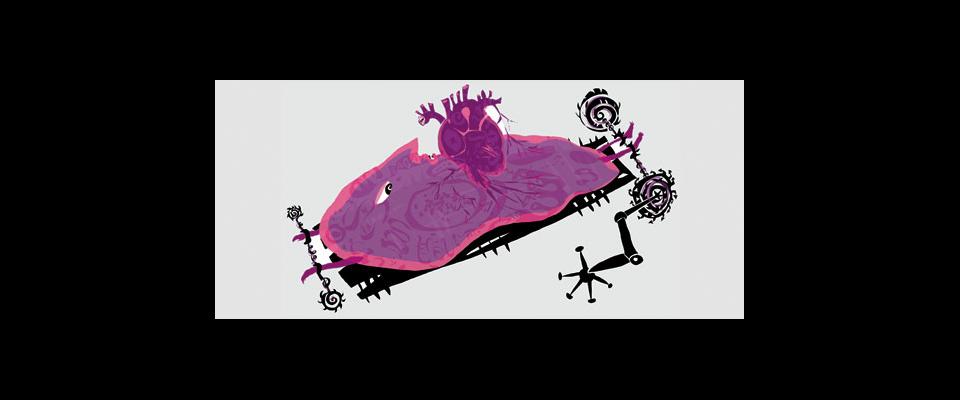With Earth Day approaching it’s a good time to remember the late evolutionary biologist Lynn Margulis, who earned her Ph.D. from UC Berkeley in 1963. Margulis, who was once married to the astronomer Carl Sagan, was famous for advancing the theory of endosymbiosis to explain the origin of eukaryotic cells; in short, the complex cells arose from interactions between various bacteria. Now widely viewed as a major scientific breakthrough, the theory was attacked for many years, and Margolis never backed down in her defense of it.
Once, when asked whether she enjoyed being controversial, she answered that she didn’t think of her ideas as controversial. She thought of them as right.
Nevertheless, contoversy followed her and she later attracted criticism for her embrace of the Gaia Hypothesis which she advanced alongside the atmospheric scientist James Lovelock in the early 70s. According to the hypothesis, Earth acts as a giant, self-regulating organism. Unlike Lovelock, she eschewed some of the more spiritual language attached to the hypothesis, which took its name from the Earth goddess in Greek mythology, but she also recognized the need to speak in metaphors and to accommodate the cultural milieu if scientific ideas were to enjoy any influence.
“Gaia is a tough bitch,” she once wrote. The living Earth, she continued, is “a system that has worked for over three billion years without people. This planet’s surface and its atmosphere and environment will continue to evolve long after people and prejudice are gone.”
Lynn Margulis is now gone. She died last November at age 73.




















